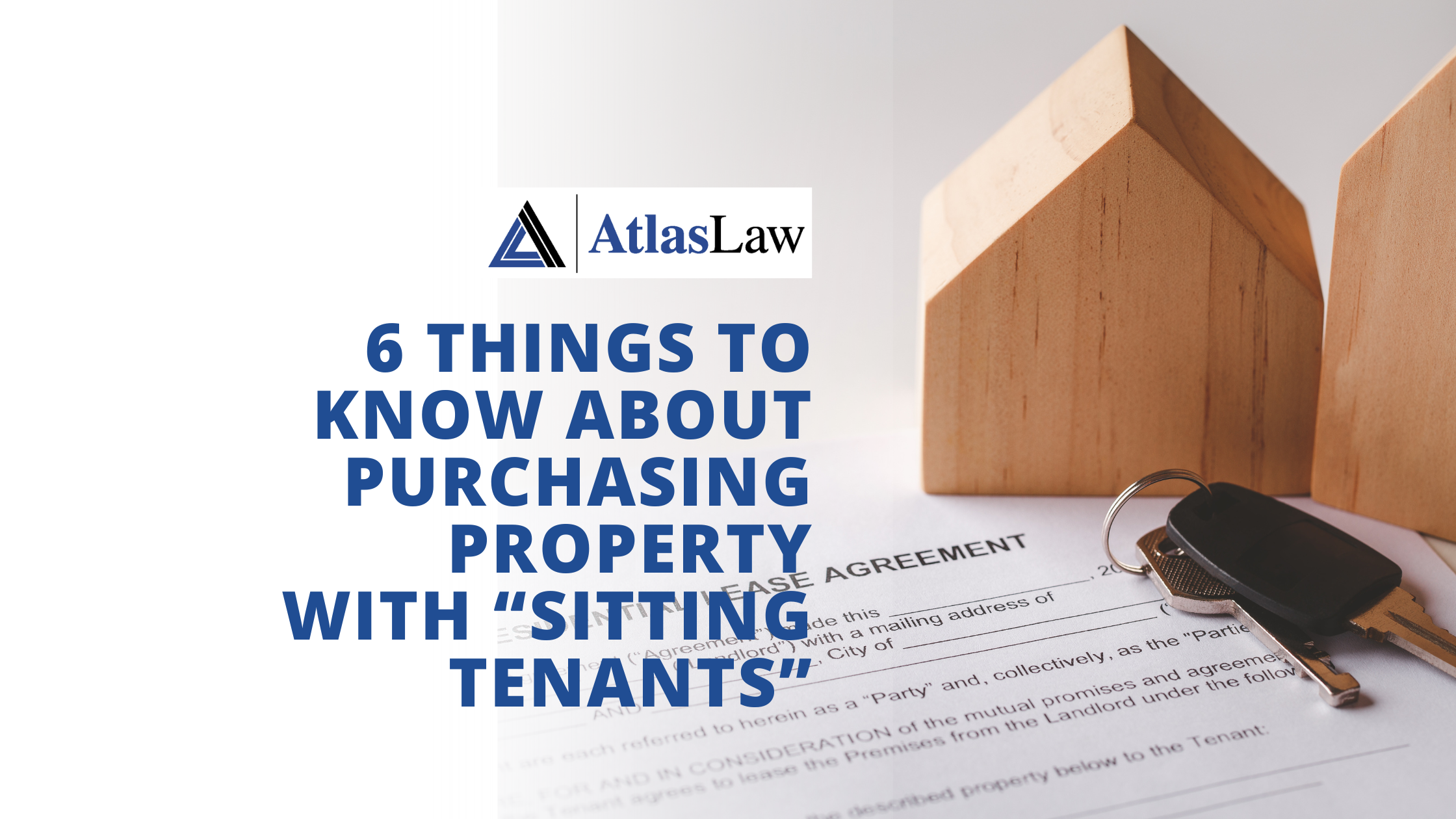Real Estate Investment Trusts for Property Management

Investing in Real Estate Investment Trusts (REITs) offers a promising avenue for building wealth through real estate without the complexities of direct property ownership. In Florida’s vibrant property market, REITs not only provide opportunities for robust returns but also require careful navigation through a detailed regulatory and legal framework. Whether you’re an investor, a financial advisor, or a property management professional, understanding the legal scaffolding that supports REIT operations is crucial. From federal to state regulations, the operation of REITs are governed by laws that ensure transparency, efficiency, and fairness in real estate management.
Regulatory Compliance
Federal and State Regulations: REITs are subject to dual oversight – federal and state. Federally, they must comply with the SEC and adhere to the Internal Revenue Code, which mandates that 90% of taxable income must be returned to shareholders and at least 75% of assets must be real estate-focused. In Florida, additional layers include compliance with state securities laws and real estate regulations. The Department of Business and Professional Regulation (DBPR) plays a crucial role in overseeing these entities, ensuring that property managers are properly licensed and adhere to the state’s rigorous standards.
Florida Landlord-Tenant Law: This specific set of laws is crucial for REITs managing residential properties. It outlines essential responsibilities such as handling security deposits, setting lease requirements, and executing eviction procedures. Adhering to these rules not only ensures legal compliance but also aids in maintaining good relations with tenants.
Tenant Relations
Effective Leasing: The foundation of tenant relations lies in clear, compliant leasing agreements. These documents must align with Florida’s real estate laws and should cover all necessary terms including rent, lease duration, and maintenance obligations. A well-drafted lease minimizes the potential for disputes by setting clear expectations.
Handling Disputes and Evictions: Disputes are inevitable in property management, but the manner in which they are handled can distinguish a well-operated REIT. Florida’s laws dictate that evictions must be processed legally, requiring proper notices and the avoidance of self-help measures. Furthermore, compliance with the Fair Housing Act and Florida’s equivalent ensures that discrimination claims are minimized, as these laws prohibit unequal treatment based on race, color, religion, and other protected classes.
Risk Management
To effectively manage properties and mitigate risks, REITs must conduct regular audits and compliance checks. This proactive approach not only ensures adherence to laws but also keeps the trust updated on any legal changes that might affect operations. Staying informed and compliant are key to avoiding fines and legal challenges..
Investing in REITs can be a beneficial way to diversify a portfolio beyond traditional equities and bonds, while also potentially providing competitive dividend yields and the possibility for capital appreciation. However, like all investments, REITs also carry certain risks, including dependence on the economy, the real estate market’s volatility, and interest rate sensitivity.
For those seeking legal guidance regarding real estate investment, Atlas Law offers comprehensive support to help you manage legal obligations successfully. To learn more about how we can assist your operations, contact us at 813.241.8269.




